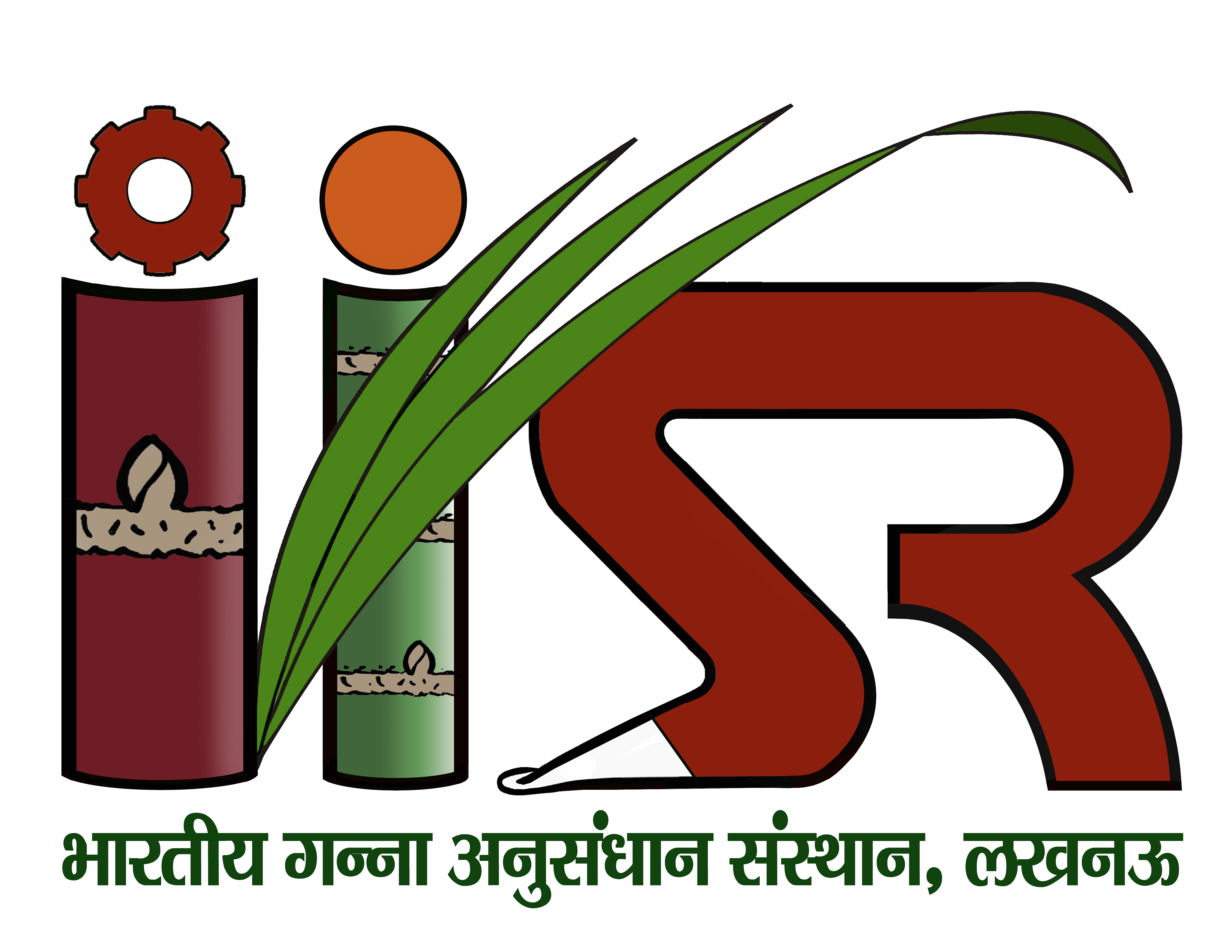Director's Message

Sugarcane crop is cultivated in ~ 5.2 million hectares in India i.e., in about 2.6% of gross cropped area and it supports livelihood over 55 million farmers and their families along with employees in the farms. The sugar Industry is the second most important agro-based industry in India. About 525 working sugar mills spread across the country and the industry has an annual turnover equivalent to about USD 12 billion. The industry plays a significant socioeconomic impact on rural areas. Currently, India is the largest producer of sugar in the world accounting for a share of 19 to 20 % in global sugar production and 15 to 16% in global sugar consumption.
Owing to the introduction of the new Bio-fuel Policy 2018 and a series of initiatives taken by the Government of India, now the Indian Sugar Industry has made a turn around. These initiatives have brought the country's sugar sector from that of a sluggish commodity sector to a vibrant one. In the sugar season 2021-22, India achieved the following milestones: - the country becomes the largest sugar-producing country with a record sugar production of 36 MT after diverting ~3.4 MT of sugar to fuel ethanol; the second largest exporter of sugar with a record export of 11.0 MT of sugar; achieved successful blending of 10% fuel ethanol and enters into the league of three nations that have achieved this milestone after Brazil and USA.
The country has also set an ambitious target of 20% ethanol blending with petrol by 2025-26 and for this, it is estimated that 1016 crore litres of fuel ethanol will be required for blending as against 426 crore litres produced during 2021-22. To achieve this, the Government of India promotes production of fuel ethanol from broken rice, maize etc. & use of agri-waste as feedstock via 2G route apart from sugar sector. The increasing demand for sugar and fuel ethanol has to be met by increasing sugarcane productivity to 85-86 t/ha in the coming years, but in the same cropping area.
To increase sugarcane productivity there is a need to identify high yielding varieties with high sugar with red rt resistance. Productivity of many elite varieties are lost in the field due to varietal breakdown to red rot and varietal degeneration caused by systemic accumulation of non-fungal pathogens. The popular variety Co 0238, which revolutionized sugar sector in the country became a prey to dreaded red rot pathogen in the subtropical region especially in UP and Bihar. Recently, the newly evolved red rot pathotype CF13 that knocked down Co 0238 has been characterized and used to screen IVT/AVT clones to ensure that all the newly identified varieties possess red rot resistance to this virulent pathotype. The newly released varieties from IISR like CoLk 14201 and CoLk 15201 are gaining popularity with the sugar mills and they are in the seed chain. However, supply of disease-free (YLD & GSD) planting materials is important to prevent varietal degeneration under field conditions. Our tissue culture lab is geared up to produce virus-free seedlings from this season onwards and this will be a boon to sugar cane farmers and industry.
Further, ratoon productivity is a concern in the subtropical region, hence it has to be addressed through an integrated crop production and protection approaches. Varietal degeneration drastically affects productivity of sugarcane both in plant and ratoons, however more seriously in the latter. It needs a special focus on clean seed programme to restore vigour of the seed. Also, top borer affects cane growth seriously in the subtropical region, especially in the cv co 0238 and it needs an integrated approach to reduce its damage. An integrated red rot management strategy has been evolved and it needs to be practiced to prevent crop losses and also to arrest gain of virulence by the pathogen. Minor pest and diseases like mealy bug and twisted top (pokkah boeng) assume significance, probably due to varietal susceptibility, agronomic practices and climate change and these constraints have to be addressed immediately to avoid them as a major issue for cane production in the region.
(Rasappa Viswanathan)



